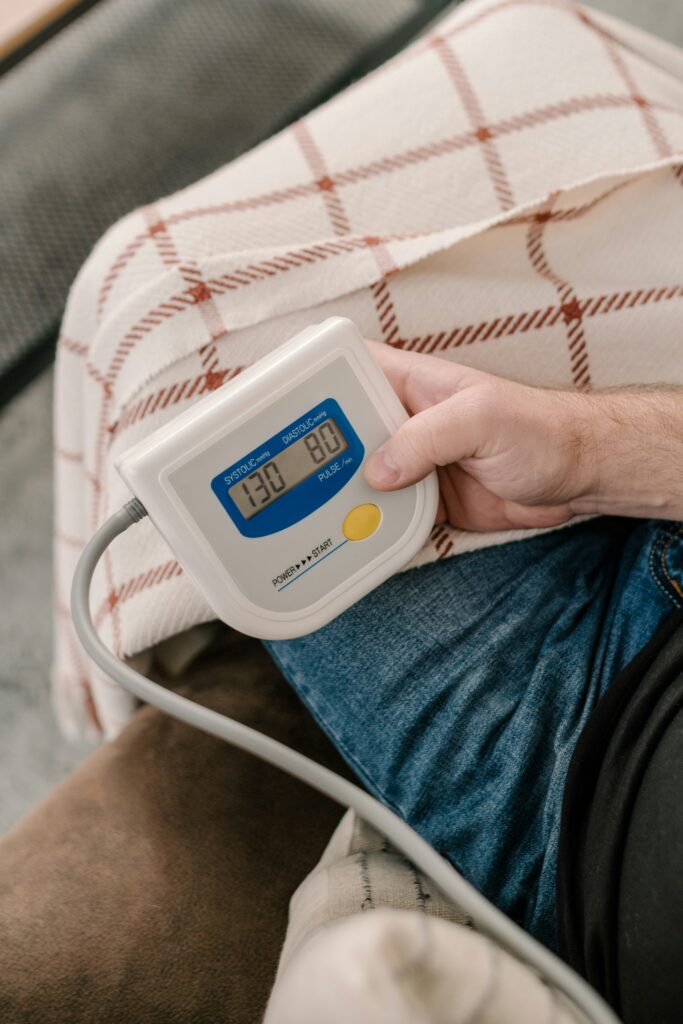Did you know that sleep apnea and high blood pressure often go hand in hand? Many people are unaware that poor sleep could be a key reason behind elevated blood pressure, which puts extra strain on your heart and body. If you’ve been diagnosed with hypertension or think you might have sleep apnea, this is something you’ll want to pay attention to.
Facts About Sleep Apnea and Blood Pressure

- Sleep apnea often leads to spikes in blood pressure while you sleep.
- The condition causes frequent pauses in breathing, leading to increased stress on your cardiovascular system.
- Untreated sleep apnea can result in chronic high blood pressure and increase the risk of serious heart issues.
- The good news? Treating sleep apnea can improve both your sleep quality and blood pressure levels.
What Is Sleep Apnea?

Sleep apnea is a common disorder where breathing stops and starts during sleep. Symptoms can include loud snoring, gasping for air, and daytime fatigue—but many people don’t even realize they have it until a partner notices.
The Connection

When your breathing repeatedly stops during sleep, your body is put under immense stress, causing blood pressure to spike. These episodes can happen dozens, even hundreds, of times a night! If left untreated, sleep apnea often leads to hypertension and increases your risk for heart disease and stroke.
Treatment Can Lower Your Blood Pressure

Fortunately, treating sleep apnea can help normalize your blood pressure. One of the most common and effective treatments is CPAP therapy (Continuous Positive Airway Pressure). By keeping your airway open, CPAP not only helps you breathe better at night but also lowers blood pressure levels during the day and night.
If CPAP isn’t your thing, other treatment options include:
- Mouthpieces to keep your airway open
- Surgical options for more severe cases
- Weight loss, which has been shown to reduce symptoms of sleep apnea and lower blood pressure.
Should You Talk to Your Doctor About Sleep Apnea?

If you have high blood pressure and experience daytime sleepiness, morning headaches, or your partner complains about your snoring, it’s worth having a conversation with your doctor. Getting diagnosed is the first step toward better sleep—and better health!
We have partnered with Ognomy, a fully HIPAA compliant telemedicine platform that offers 100% remote sleep apnea testing, diagnosis, and treatment.
They can help you determine if you do, in fact, have sleep apnea by connecting you with a board-certified sleep apnea medicine specialist who will evaluate your situation, all from the comfort of your own home.
Ready to get started?
You can book an appointment online and Ognomy will guide you through the easy process!
Take control of your health today! If you think you might have sleep apnea or are looking to better manage your blood pressure, don’t wait. Schedule a consultation with us or speak to your doctor.
Sleep better, live better!


